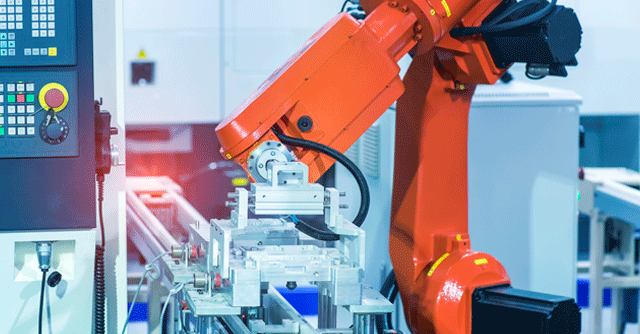
51% of global manufacturers are worried about cyberattacks on smart factories


Fifty-one per cent (51%) of global manufacturing companies believe that cyberattacks on smart factories will grow in the next year, said Capgemini Research Institute in its latest report, published June 30. Around 40% of the 950 companies covered by the report said that their smart factories were hit by at least one cyberattack and 73% of these attacks occurred in the last 12 months.
The report shows that 60% of heavy-industry and 56% of pharma and life sciences companies suspect that smart factories will be the primary targets of future cyberattacks. The report identifies lack of support from C-Suite executives, budget constraints, and human errors as the top challenges that manufacturers face in their fight against cyberattacks. In many instances, the threats originated from partners and vendor networks.
“The increased attack surface area and the number of operational technology (OT) and Industrial Internet of Things (IIOT) devices make smart factories a prominent target for cyber criminals,” warned Geert van der Linden, cybersecurity business lead at Capgemini.

Further, the report found that only 51% of manufacturers build cybersecurity practices in their smart factories by default. This is because scanning machines at a smart factory during operational uptime is a challenge and can lead to disruption.
Skill shortage is another concern that is making it difficult for manufacturers to secure their factories — 57% said the scarcity of smart factory cybersecurity talent is much more acute than IT cybersecurity talent.
Lack of collaboration between chief security officers and smart factory leaders was also flagged as a concern for manufacturers.

Linden noted, “Unless this is made a board-level priority, it will be difficult for organisations to overcome these challenges, educate their employees and vendors, and streamline communication between cybersecurity teams and the C-suite.”
A smart factory is a broad term used for any manufacturing facility that uses the Internet of Things (IoT), cloud computing, intelligent automation, robotics, data analytics, machine learning (ML), and virtual reality (VR) to make manufacturing processes more efficient.
After the Covid-19 outbreak and the disruption caused by it, the adoption of these technologies in manufacturing increased. This has also caught the attention of cybercriminals as more connected machinery means a wider attack surface. An attack surface is the possible number of entry points that can be exploited to gain unauthorised entry into a company network.

On June 2, leading electronics contract manufacturer Foxconn reported that one of its manufacturing facilities in Tijuana, Mexico was targeted by a ransomware attack leading to disruption in production.
